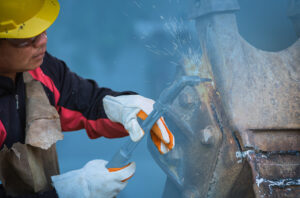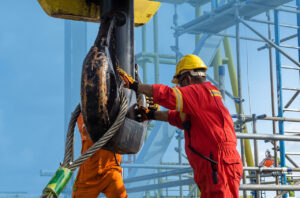Individual fire authorities are responsible for creating appropriate strategies for their own area. With limited resources and many calls on those resources fire authorities have to make difficult decisions about how they allocate those resources. Sometimes those decisions can be controversial, response to fire alarms is sometimes a sensitive area.
The latest figures from the Home Office show that 40% of incidents attended by Fire and Rescue Services in England were false alarms. In the year to December 2018 out of 576,586 incidents attended 231,122 were false alarms, this is a significant drain on fire authority resources.
It is also reported that two thirds of those false alarms were due to apparatus, (approximately 3% were malicious and the rest were made with good intent for example people detecting a smell of burning that was not caused by an actual fire).
In order to try to manage the demands some brigades will only attend an alert from a fire alarm if they receive a call from a legitimate source to confirm that there is a fire. The Manchester Evening News recently reported that Greater Manchester Fire and Rescue updated their response policy in April and now will not respond to fire alarm activations in low risk premises where there is no sleeping accommodation between 8:00 am and 5:00pm unless the caller reasonably believes a fire to have broken out.
If you are having an alarm installed you need to make sure that it is suitable for the premises, is properly maintained and you have procedures in place for when it goes off, including safe evacuation and means for a trained person to check the cause without putting themselves in danger.
If your alarm is linked to a monitoring centre then ensuring that, in the event of an activation during times when the premises are occupied, before the fire service is called you receive a call back may help reduce unnecessary attendances to false alarms and also ensure that if a fire has occurred the fire services sends the appropriate response.
If you do have a false alarm you will need to take action to prevent it happening again, sometimes this can be as simple as moving the toaster to a different room or making sure doors are closed to prevent steam or dust triggering a detector.
Your local fire service may have further advice about avoiding false alarms and the steps you can take to ensure you get a response if and when you need it.
Please speak to your normal PIB Risk management contact or get in touch using [email protected] if you have any questions about fire safety or would like to arrange a fire risk assessment for your premises.
Fire safety statistics can be found on the GOV.UK website at: https://www.gov.uk/government/collections/fire-statistics

The Sun’s Out – Time To Get The Shorts Out?

Updated Gas Safety Guidance

Revised Bloodborne Viruses Guidance

New High Consequence Infectious Disease Guidance for Care Providers

New Guidance On The Safe Rigging Of Cranes
